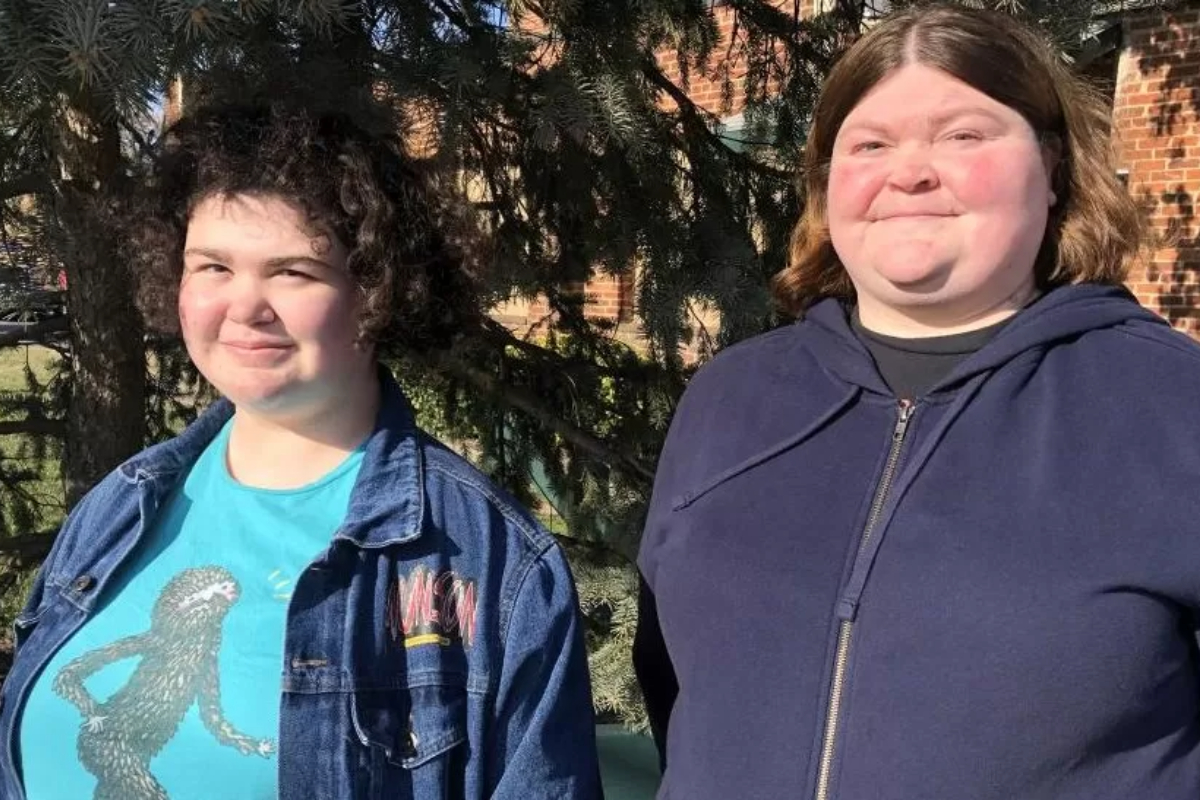- One child in five is obese in the US.
- Early treatment is needed to prevent lifelong conditions, such as diabetes.
- American Academy of Paediatrics recommends intensive therapy for children as young as six.
The American Academy of Pediatrics has advised children as young as six to have intense therapy, and those in their early teens to receive weight-loss medications or surgery.
However, some worry that this strategy may compromise living a healthy and active lifestyle.
In the US, one in five children is obese.
According to doctors, early intervention is necessary to avert chronic illnesses like diabetes.
In a suburb of Washington, I meet Tracy and her 14-year-old daughter Jaelynn. They reside in a housing complex that is bordered by roads and a few areas of lush grass.
Tracy is angry because she recently learned that Jaelynn’s school will replace the physical education class with a health course that will be offered in the classroom.
Jaelynn informs me that she attended a YMCA summer camp the previous year. She spent a lot of time outside and went on field trips during the day.
It was incredibly enjoyable, she claims. “I adored making friends,” and “I felt better, healthier, and happier.”
Jaelynn has had renal illness since she was a little child, and being overweight makes her situation worse. But according to her mother, things started to get better over the summer.
Tracy reports that “she shed twelve pounds in three months.” “Her nephrologist was astonished at how rapidly she could reduce so much weight. Both her confidence and her health got better.”
Tracy tells me that this development made her realize how crucial it was for her daughter to participate in activities.
Doctors have long advocated leading a healthy lifestyle as the most effective method to combat childhood obesity. But in recent weeks, the American Academy of Paediatrics released fresh recommendations for the first time in 15 years, reigniting the debate on this subject.
They assert that healthy nutrition and exercise are not always sufficient.
One of the recommendations’ authors, Dr. Nazrat Mirza, adds that medical care and prevention must work hand in hand.
“We have established that medicine and surgery both effective for treating obesity, which is a chronic medical disease in addition to making good lifestyle modifications.”
The guidelines, according to Dr. Mirza, aim to end the discrimination against obese people by making medical care accessible just like it is for any other condition.
She says, “Just like asthma, just like hypertension.” “In hypertension, you would advise someone to cut back on salt, but if their blood pressure remained high, you would still prescribe medication to them.”
However, the emphasis on aggressive early intervention worries some medical professionals.
At Children’s Minnesota, Dr. Katy Miller works with teenagers who are battling eating disorders, and she worries that these recommendations “set youngsters up for a hard relationship with their bodies.”
We are recommending pricey treatment plans that, even under ideal conditions, frequently fail, the author claims.
She believes that the sociocultural causes influencing childhood obesity should receive more attention.
“How can we expect someone to diet when we don’t deal with issues like poverty, food scarcity, and unstable housing?”
“She continues, “I had a 15-year-old patient whose family had been living in abject poverty and who had been advised by doctors to reduce weight. When their financial situation changed, he asked me, “Do you know what the best thing about having money is? Fruit that isn’t moldy is available to buy.”
I meet Julia on a chilly, overcast day. She recently completed a YMCA-sponsored support group on healthy cooking that lasted a whole year. She is a mother of three.
She tells me with pride, “I am the one who cooks at home, so if I cook good meals, my family stays healthy.”
Due to her pregnancy-related elevated cholesterol and prediabetes diagnosis, she was referred to the program. She tells me that she was driven because her teenage son was beginning to experience health problems as well.
I ask her what she thinks of the new rules as she prepares some fruit for her young child.
She makes a head motion.
As a parent, she says, “I’d start by modifying the food we consume and encouraging my kids to participate in sports.”
“Children in our nation don’t have a lot of opportunity to exercise, and there aren’t many sports programs in the schools. I wouldn’t even think about it until I had exhausted all other options.”
Tracy concurs on the other side of town. Surgery and drugs should only be used as a last option, she asserts.
[embedpost slug=”/top-u-s-treasury-official-to-warn-uae-turkey-over-sanctions-evasion/”]

